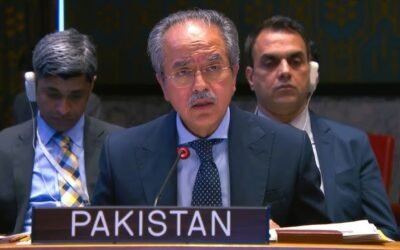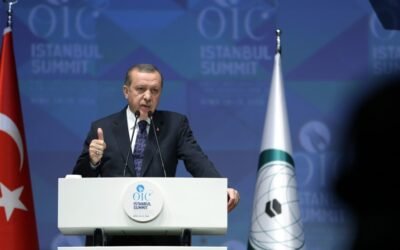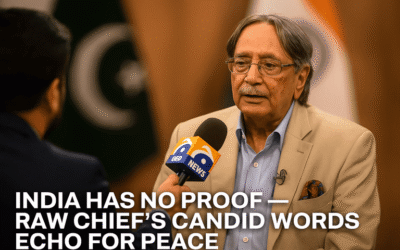PIA privatisation takes off
PIA privatisation has entered a decisive phase: Pakistan’s Privatisation Ministry confirmed that five qualified parties submitted expressions of interest by the June 19 deadline to acquire up to 100% of Pakistan International Airlines. Notably, at least one interested bidder is linked to the military, signaling broad institutional engagement.
A promising turnaround
Earlier this year, PIA recorded its first operating profit in 21 years, following a major debt restructuring and cost-cutting exercise through June 2024. With over $2.5 billion in accumulated losses, this turnaround has buoyed investor sentiment and strengthened the airline’s appeal. The government also extended its June 3 deadline to allow more complete bids.
Who’s in the race?
The five qualified bidders represent a mix of private and military-linked entities:
- Lucky Cement, Hub Power, Kohat Cement & Metro Ventures consortium
- An investment-led grouping spearheaded by Arif Habib Corp, joined by Fatima Fertilizer, City School, and Lake City Holdings
- Fauji Fertilizer Company, a firm with military affiliation
- Plus two other consortia, one associated with PIA employees, and one combining Bahria Foundation, Serene Air, and Equitas Capital.
What makes this privatisation attractive
To entice bidders, the government is offering:
- Full divestment authority—eliminating past restrictions
- Tax incentives, including waivers on aircraft lease sales taxes
- Debt relief, transferring around 80% of PIA’s liabilities to state accounts .
This package aims to generate PKR 86 billion (~US $350 million) in proceeds by year-end and is part of a wider privatization drive tied to a $7 billion IMF bailout commitment .
Next steps in the process
Qualified bidders will be granted access to detailed financial and operational data for due-diligence starting in early July. The ministry expects this phase to last 2–2.5 months, with final bids and negotiations extending into late 2025 Simultaneously, the government plans to privatize other assets—including the Roosevelt Hotel and energy firms—by mid-2026.
Why this matters
- Economic reform: This is Pakistan’s most significant state enterprise divestment in nearly two decades and a test of its commitment to IMF-mandated reforms.
- Airline revival: Re-establishing profitable international operations—following the lifting of a four-year EU safety ban—will be central to future growth.
- Investor sentiment: Successful privatization could signal improved business confidence and unlock foreign partnerships in aviation.







